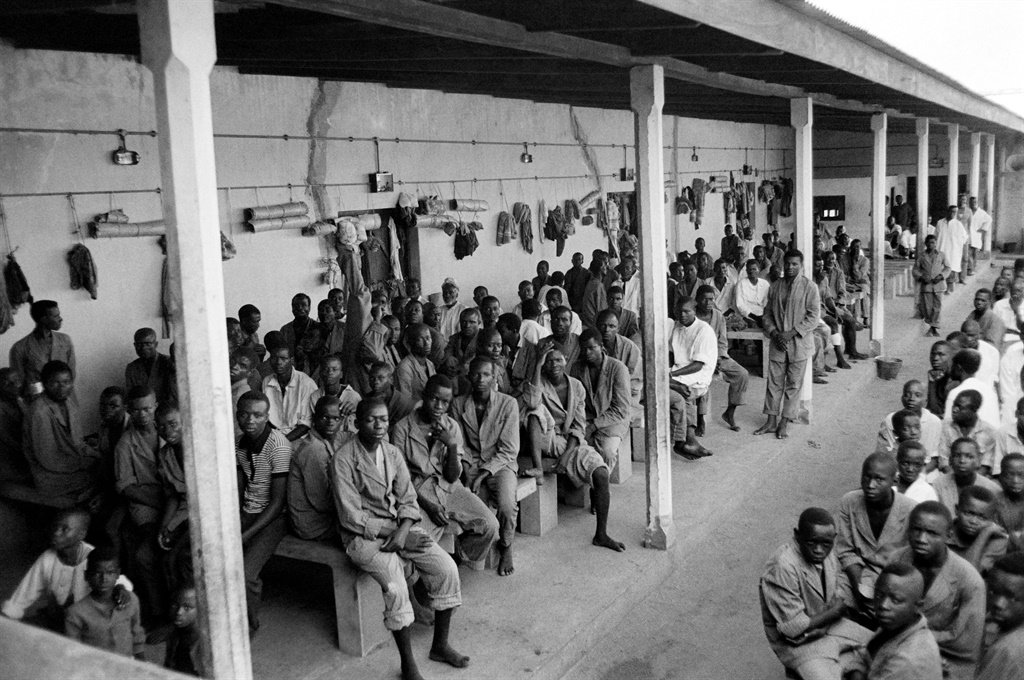By Nnenna Joseph and Chukwunonso Nzekwe
The most prominent stereotype of the Igbo tribe In Nigeria is their alleged love for money and their display of wealth. For a people who lost everything 50 years ago, it is better to think of them as a struggling child of a low-income father, giving his best to rule his world.
Chimamanda Adichie
The expected port at the Niger will make import less stressful for Onitsha, Nkwo-Nnewi and Ogbete main market importers but because it is a need arising from the southeast region, the so-called 97 vs 5 percent comes to play. The only functional port in Nigeria is those in Lagos state causing undue congestion In the state and Onne that is barely for goods but crude oil. Residents of Apapa wharf will benefit if extra ports are opened and the congestion, they experience grind to a welcomed stop.
“Biafra is a child of circumstance, his existence and survival are always a marvel, sometimes bordering on a miracle. His life is a tribute, his courage is his endurance, his ingenuity is his humanity.”
Chukwuemeka Odumegwu Ojukwu
In like manner, 50 years down the line and there is only one Niger bridge, the second bridge construction proposal has been moved back and forth for a decade, while its actual construction is at 23% after over five years of the media hype.
Chukwuemeka Odumegwu Ojukwu
Chukwunonso Nzekwe
Related
Post Disclaimer
The opinions, beliefs and viewpoints expressed by the author and forum participants on this website do not necessarily reflect the opinions, beliefs and viewpoints of Anaedo Online or official policies of the Anaedo Online.

